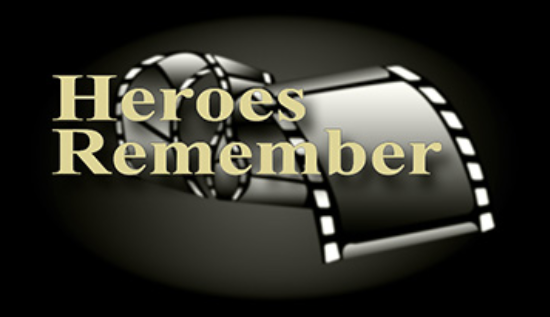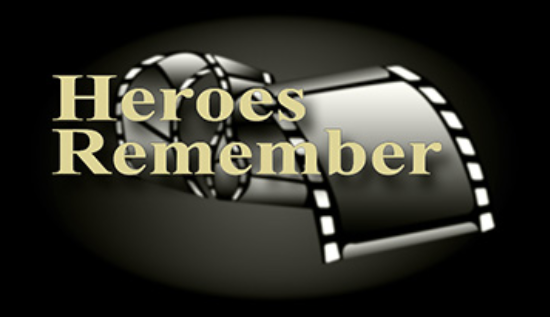Words to Young Canadians
Heroes Remember
Words to Young Canadians
The warfare of what I went through, and what the next generation
will go through, there’s no comparison. And so, I could not tell
some, some young boys, “Well join the army and see the world”
and all that kind of stuff because I know in myself that the
next war is not going to be the same as what we’ve seen. Far
from it. Because what we have seen is nothing to compare with
what we’re going to see. Because, guns now, just image they’ve
got guns now with radiation that they’ll just point it at
something and push the trigger and the object is gone. They have
them now. The Americans have them. And the type of, well
everything in general, it’s hard for young people now to place
themselves into warfare. They were asking me here this morning,
ok you wouldn’t be able to get back in the army, nobody would
want you anyway. I said “Maybe.” But remember one thing. The
next war is not going to be a war where you’re going to pull a
trigger and shoot people. The next war is the people that can
operate their fingers and work on computers.
They’re the people that are going to be important. That’s it.
Related Videos
- Date modified:





